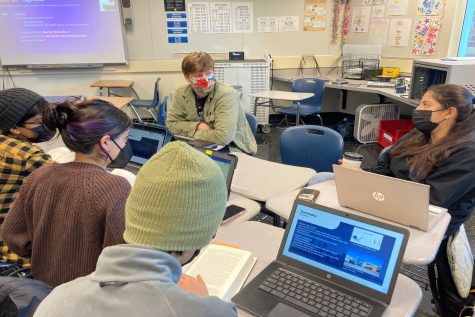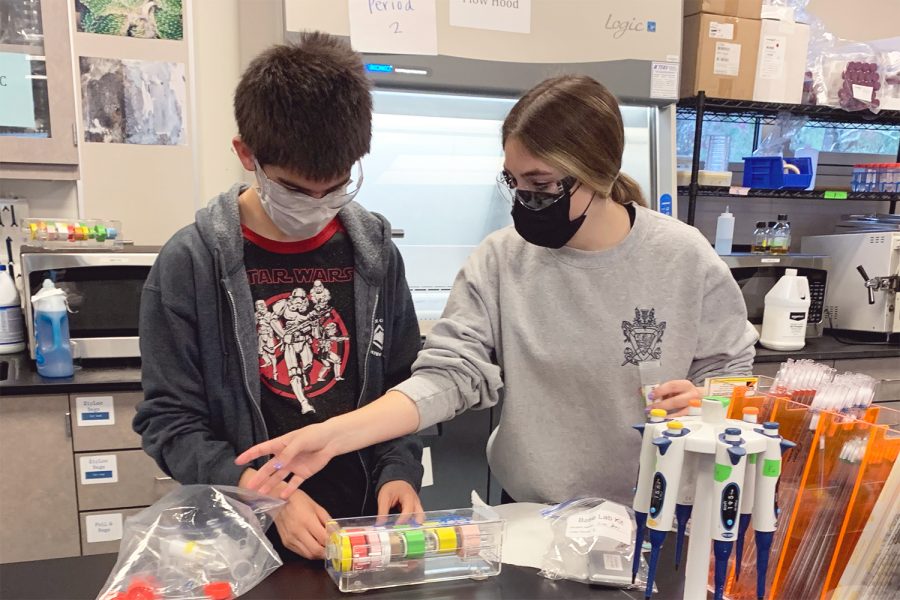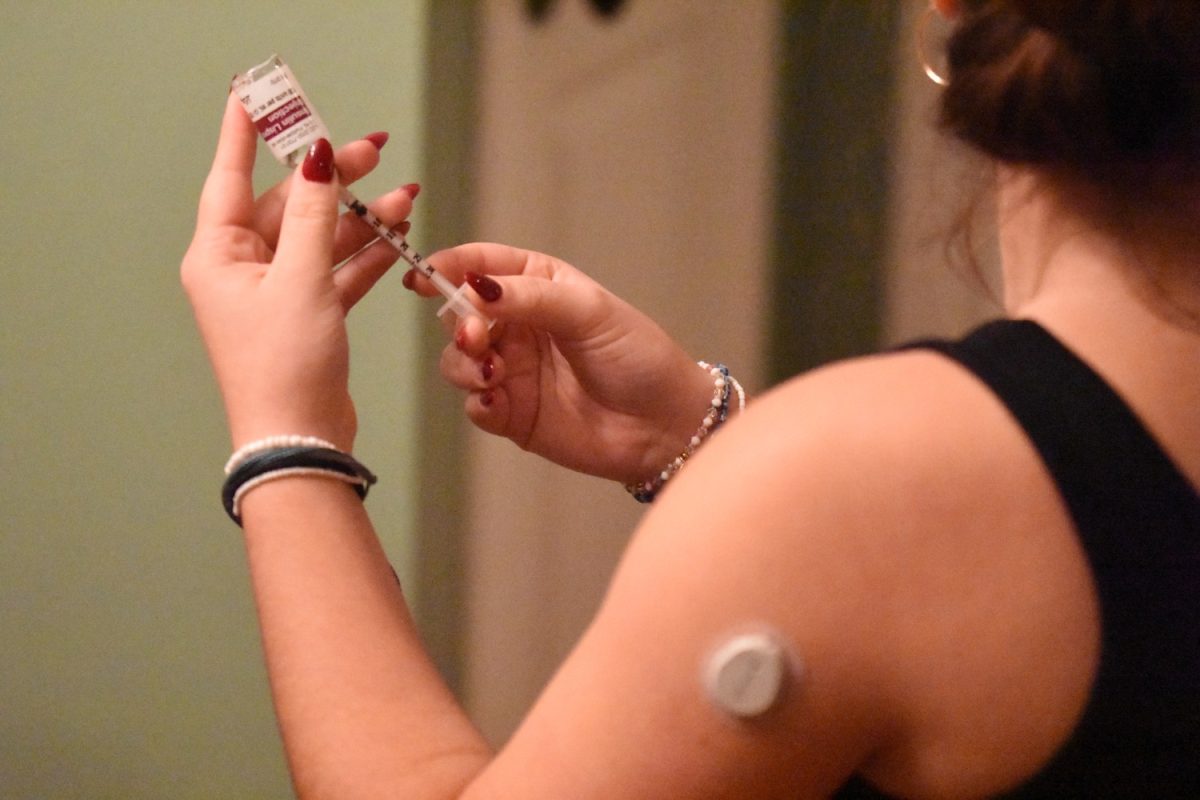If you are reading this, you might live to 130 years old.
According to the National Center for Biotechnology Information (NCBI), the Census Bureau (CB) forecasts that the average life expectancy in America by 2050 will be 83.1 years compared to 76.9 years in 2010, and the trend shows signs of steady growth. The continuously improving biomedical field plays a critical role in this trend.
In the past two decades, the biopharmaceutical industry has made numerous incredible advances in healthcare. In particular, development in cancer and heart failure treatment has improved many patients’ quality and length of life.
“New tools have provided improved diagnostics and imaging, more advanced options for physicians to utilize, and targeted therapies, particularly in immunotherapy in the oncology field. Additionally, scientific breakthroughs enable the development of personalized therapies that may dramatically expand the armamentarium of doctors to treat many current medically unaddressed conditions,” said Christopher Calhoun, the CEO of Paracrine, Inc.
In a world with fewer immediate health threats, the industry’s focus has shifted to medical conditions that weren’t previously emphasized, such as neurological diseases and regenerative cell therapy.
“Looking forward, advanced cell therapies that have been working their way through the development cycle during the last 15 to 20 years are now entering late-stage pre-approval trials,” Calhoun said. “It is this new class of biologic therapy that has the potential to address many of the most significant chronic and complex unmet conditions in healthcare today.”
The industry has recently developed new technologies that utilize cell therapy to treat common neurological disorders like Parkinson’s disease and Alzheimer’s disease and rare diseases such as Amyotrophic Lateral Sclerosis, Spinal Muscular Atrophy, and oncological diseases, according to the NCBI.
For example, a technology developed by Ashvattha Therapeutics harnesses the power of Hydroxyl Dendrimers to transport drugs to a targeted region in the body.
“That opens up opportunities to treat neurological diseases that have been really anticipating treatment because it’s so hard to get the drugs to the site in the brain,” Cleland said.
The initial study of Ashvattha’s technology has proven to be extremely helpful in improving the effectiveness of countless drugs and helping safely cure multiple cancers, the flu, and especially COVID-19. The success of these new treatments is leading to high demand for further development in biomedical research.
Sometimes, the drug developing process is not always met with enthusiasm. The biotech industry itself, especially biopharmaceuticals, face large amounts of scrutiny, as it is crucial to maintain an ethical approach when developing drugs.
Biogen’s recently FDA-approved drug, ADUHELM™, is the first and only Alzheimer’s disease treatment that addresses the disease’s mild cognitive impairment, or mild dementia, stage. However, the drug has received considerable backlash.
“There’s a lot of controversies because [the drug] is too expensive and not manageable in terms of costs and care. But what do we do in that case? We can’t just forget the whole thing and let people suffer. That’s not an alternative,” said Dr. Bernice Yeung, a senior director for the department of analytical development at Biogen. “There’s a lot of regulations and very high scrutiny, so it’s challenging, but it is necessary to carry on. And it’s gratifying to see people benefiting from our drugs and treatment.”
Generally, the biotech industry is in a state of opportunity and rapid growth. More investors are looking to invest in start-ups like Ashvattha, and biotech initial public offering (IPO) valuations, primarily fueled by the development of COVID-19 vaccines, have reached all-time highs in 2020 and early 2021 (BioPharma Dive).
According to the National Venture Capital Association, the Bay Area and Boston are two top destinations for venture capital flowing into biotech and pharmaceutical companies, at $19.5 billion through September 2020.
As a growing field, biotech is attracting more youth, and rightfully so, as the industry is full of opportunities, pays well, and is impactful. Carlmont’s Biotechnology Institute (BTI) is a program where students can explore their passions in science and biotech.
“BTI had their first sophomore class in 2015, and, in the last seven years, the program has grown significantly. We are lucky to have such interesting and diverse students applying every year who want to join a community of like-minded individuals and understand how science and other disciplines such as English and Social Studies can influence each other,” said Jaime Abdilla, Carlmont’s BTI co-director.

BTI gives students resources and a chance to explore the multiple fields within biotech: medical/pharmaceutical, diagnostic, industrial/environmental, and agricultural. The program aims to cultivate strong passion and interest in biotech for young people.
“Something I really enjoy about BTI is the community. You have 60 people out of the couple hundred in your year that you get to spend the rest of your high school within your academic classes,” said Kyle Maher, a sophomore at Carlmont. “In science, we’re currently preparing for our final by doing labs on an enzyme called bromelain.”
With the interest of many members in the younger generations, biotech will continue to thrive, shaping the future of medicine and drastically improving many people’s lives.
“Life science and biotechnology, in general, is always going to be there to help make the world better. That’s our objective, to really treat patients and make people’s lives better. And I think this is one of the few careers where you can actually say that we’re making people’s lives better through the work that we do,” Cleland said.























